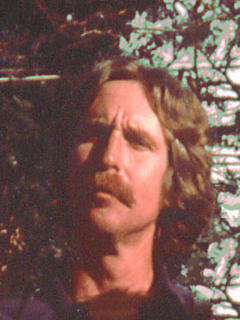I noticed a report from Reuter in the local paper the other day. It said that there was a positive correlation between a populatioon's "belief in hell" and the honesty of said population. Now, correlations of avowed beliefs and behavior are pesky things. I have noticed for instance that measures of human society have a marked tendency to find that ten percent of the population is (fill in the blank). It seems almost every possible percievable difference in people contains at least one subset of humanity that amounts to 10% of the whole. I find all this suspicious.
And I think many, perhaps most, people who claim high moral character also have some caveats. "I'm considerate and respectful of other people." - Unless I don't like them. "I always do my best at work." - Unless I'm not feeling good. "I don't lie, cheat, or steal." - Unless I'm sure no one is looking.
One might imagine that there is something about what, or how, the social scientists choose to measure things.
In this particular case, an outfit calling itself "Transparency International" determined that people who belive in hell have a lower "corruptionn rate" (?), and that this somehow corresponds to a higher GDP for the society or country in question.
My personal feeling about this is that people who have more, have more to lose, and tend not to pursue criminal activites as blatantly as those who have nothing to lose. This, I think, is why lower unemployment rates correspond so well with lower crime rates. Police Chiefs and Governors disagree, claiming that it is their bold anti-crime initiatives that make the difference, but the evidence is mostly on my side. So there!
Seems to me, it's mostly a matter of who is measuring these things. I don't know who exactly Transparency International is, but given their results, I have reason to doubt their methodology. What are they looking at to determine rate of corruption? Example: Thailand (indeed, all Southeast Asia)is sometimes thought of as a fairly corrupt society. Lots of bribery, kickbacks, and the like. Still, there are some in America who have single-handedly swindled more people out of more money than all the criminals (both blue and white collar) in Thailand put together.
Murder, rape, assault, robbery; these are common blue-collar crimes in America. Embezzlement, false tax filings, perjurious legal claims; these are common
white-collar crimes in America.
Perhaps "Transparency International" doesn't consider these practices to be corrupt. Maybe because the perpetrators "believe in hell", they get a free pass?
Friday, July 30, 2004
Subscribe to:
Post Comments (Atom)


No comments:
Post a Comment